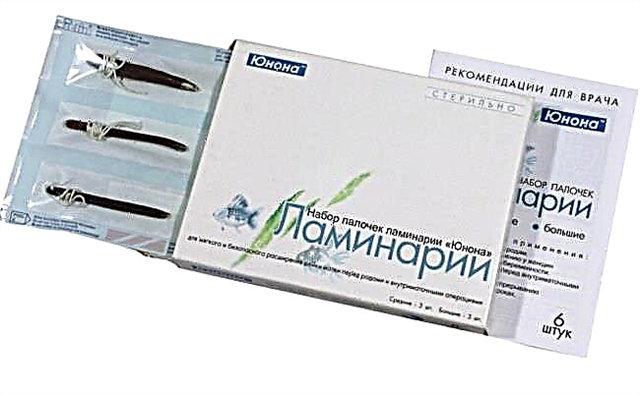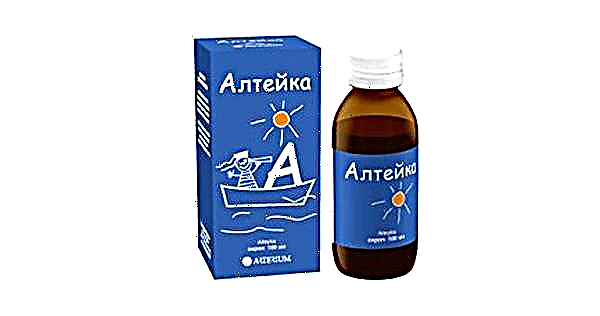
The nutrition of a premature baby should be given special attention, since weight gain by babies born prematurely is one of the main tasks when nursing such babies.

If the mother did not succeed in establishing breastfeeding, the baby needs to choose a mixture that can cover all the baby's nutritional needs in order to ensure quick weight gain. And therefore, special nutrition has been developed for premature babies, as well as low-birth-weight babies. How does it differ from term baby formula, and how do you choose the best baby formula?
Feeding methods
Premature babies are fed in a maternity hospital and a hospital using the following methods:
- Parenteral. Nutrients such as glucose, solutions of proteins and vitamins are injected through the veins of the infant.
- Through a probe. Such food can be long-term (performed using an infusion pump) and portioned (performed using a syringe).
- Breast milk. The mother can breastfeed the baby or give the little one expressed milk from a bottle.
- From a bottle with a mixture. With this feeding, a special mixture is selected for the baby.


Many babies are given full parenteral nutrition immediately after birth, and enteral nutrition (through a tube) is gradually added to support the digestive tract. Its volume is slowly increased, eventually replacing the probe with a bottle. Babies weighing 1.8-2 kg are given a trial feeding from a bottle, but in a situation with weak sucking activity, they return to tube feeding in portions (through a syringe).
Features of mixtures for premature babies
- The energy value of such mixtures is increased and averages 80 kcal per 100 ml.
- The amount of protein in formula for premature babies has been increased to 1.9-2.6 g per 100 ml of the product.
- The ratio of protein fractions (casein to whey proteins) is as close as possible to the composition of breast milk and in most products is 40:60.
- The amount of fat in the mixtures is also increased to 3.9-4.3 g per 100 ml of the finished mixture.
- Arachidonic and docosahexaenoic acids should be present in the composition of fats in mixtures for premature babies, since they are synthesized in a limited amount in the body of immature babies.
- About 20-40% of the fat content of the mixtures are medium chain triglycerides, which aid the absorption of fats. These compounds also improve the absorption of zinc and calcium.
- There are more carbohydrates in formulas for premature babies, while the amount of lactose is slightly reduced in order to exclude a strong load on the gastrointestinal tract of babies. In some products, lactose is replaced by dextrinmaltose or polysaccharides.
- All mixtures are supplemented with L-carnitine, which is a vitamin-like compound important for fat metabolism.
- The addition of nucleotides to the mixture helps to stimulate physical growth as well as strengthen the immune system. These compounds have a positive effect on intestinal maturation and the formation of gastrointestinal microflora.
- The vitamin and mineral composition of the mixtures is adapted to the needs of a premature infant - they contain more iron and calcium, the amount of vitamins D, E and C is increased. The ratio of copper to zinc is 10 to 1, and the ratio of calcium to phosphorus is 2 to 1.
- Some mixtures contain dietary fiber in the form of galactooligosaccharides. They stimulate the growth of bifidobacteria.
- The osmolality of formulas for premature babies is quite high due to the high concentration of nutrients, therefore, when an infant reaches a weight of 2.5-3 kg, it is recommended to transfer it to standard formulas.

Mixture overview
Which mixture is best for you?
First of all, the weight of the child is taken into account, since there are mixtures recommended with a weight of less than 1800 g (Friso Pre, Nutrilon Pre 0, Similak special care). If a child weighs more than 1800 g, he can be given a mixture of Similak Neoshur, Nutrilon Pre 1, Nan Pre, Nutrilak Pre.
For the rest, it is very difficult to say which formula will be the best for a baby, because each baby reacts to nutrition individually. For example, in one baby, the mixture can cause constipation, but the same mixture does not interfere with the digestion of another child.

How much formula should a premature baby eat?
A premature baby should receive food 7-8 times a day, with breaks of about 3 hours. When calculating the volume of the mixture, first of all, its calorie content is taken into account.
The kid should receive per day:

Feeding with special mixtures continues until the baby gains weight 3000 g. Then, within a month, the baby is transferred to the usual mixture for full-term babies.
If it is necessary (the child was born deeply premature, does not gain weight well), one or two feedings with a formula for premature babies may remain in the baby's diet for several more months.



